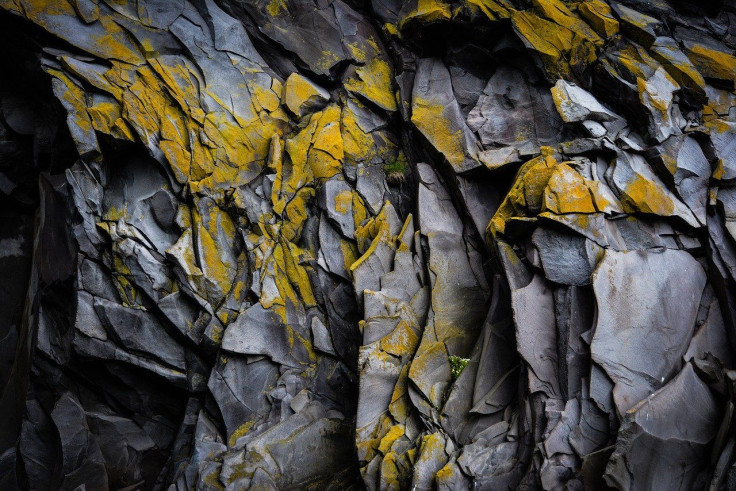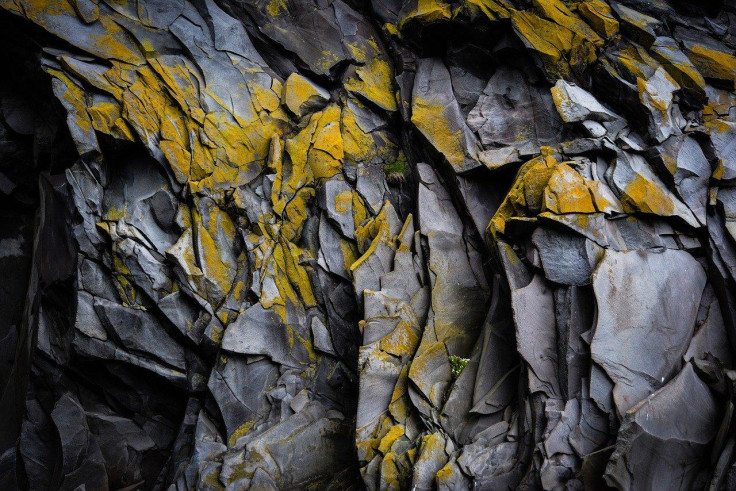Geologists Day: Significance, Interesting Geology Facts

Geology can sometimes be an under-appreciated science, but it's certainly an important one. On Geologists Day, observed every first Sunday of April, we celebrate the scientists who help us understand the planet that we're living in.
Geologists Day was first celebrated by a group of scientists in the former Soviet Union in 1966, but it was eventually celebrated by scientists in other countries as well. On this day, we thank geologists who study our planet, including its history, processes and structure.
Although people may think of geology as simply the study of rocks, it is actually so much more than that. Without geologists, we may not have as much of an understanding of our planet and how it really works. And, they not only help uncover the history of the planet, but also help us determine how we can move forward to a more sustainable future.
Their field has implications even for our day to day lives, and is needed for other sciences such as architecture and agriculture. And those who pursue geology also have various avenues to explore, from going into research to education, or even a career at NASA.
People can observe Geologists Day by sending a simple message of thanks to a geologist they know, or perhaps a shout out to the world's geologists via social media. Young scientists may also want to look into geology and the many fascinating opportunities it offers. Who knows? It may spark an interest in the field.
Those with an interest in geology may opt to share their interests with friends or family. Others may also want to get to know some notable geologists in history such as James Hutton, known as the "father of modern geology," or American geologist Florence Bascom, who was the "first woman geologist in the country" and was considered as a trailblazer in the field.
On this day, let's have a look at some interesting geology facts that may just spark your interest in the field. (Courtesy: National Today, Kiddle and National Geographic)
- Forces of the Earth such as wind, water and earthquakes "continuously" change, rebuilt and recycle rocks.
- Geology is divided into subjects to study one aspect of the field. This includes volcanology, which is the study of volcanoes, paleontology, which is the study of fossils, and hydrogeology, which studies the water under the Earth's surface.
- Rocks can reveal millions of years of events and changes in the Earth's history.
- The Himalayas are still growing.
- There are many different types of rocks, and they come in various colors and shapes, and have unique characteristics. For instance, pumice, a type of volcanic rock, can actually float on water.

Photo: Pixabay




















